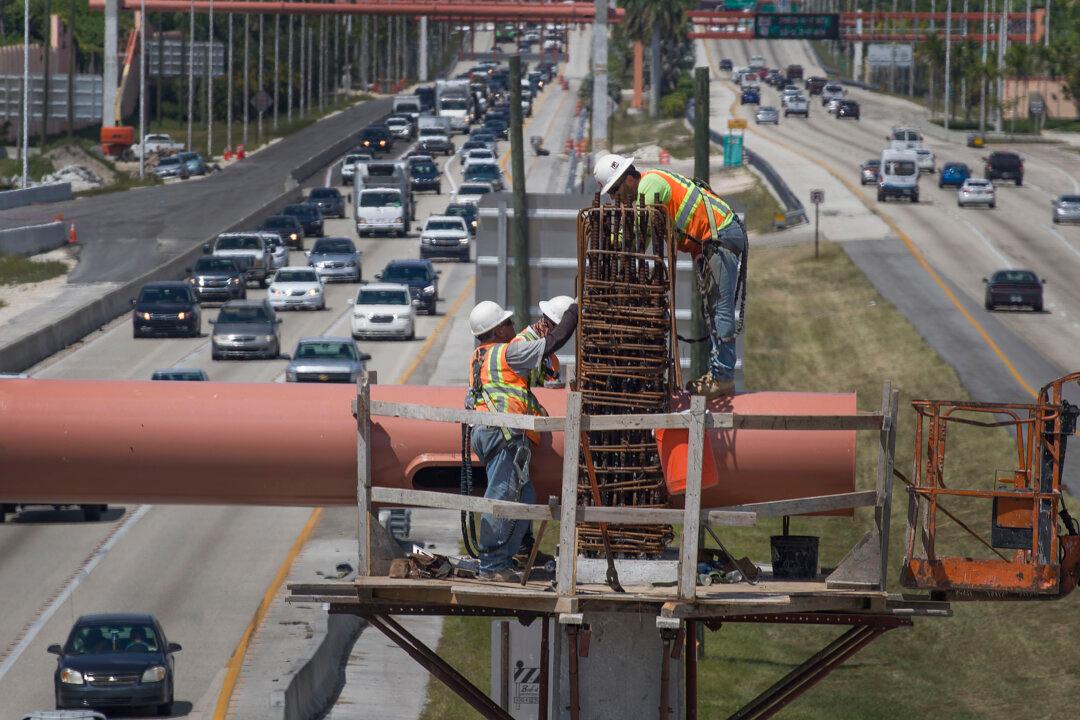In a challenge to the Trump administration’s modernization and streamlining of the National Environmental Policy Act (NEPA), 17 environmental organizations filed a lawsuit Wednesday accusing the government of “cutting corners” and injuring rule-making policy on infrastructure projects.
The lawsuit (pdf) comes two weeks after President Donald Trump announced the final rule that would modernize the 50-year-old NEPA regulations, streamlining the development of infrastructure projects and expediting the federal government’s decision-making processes.





